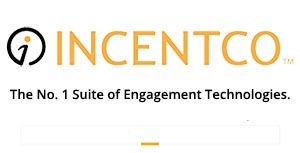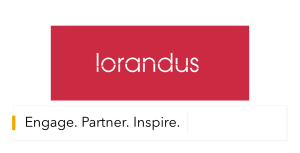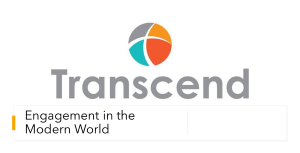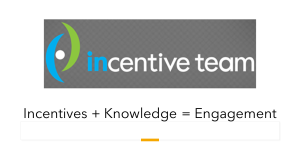Organization Tests Stakeholder Capitalist Approach to Sustainable Development in the Amazon
 What if an indigenous nomadic people living in the Amazon could create a sustainable economy for their community that preserves their traditions and environment and that doesn’t depend upon charity? That’s the goal of a professor at Shenandoah University.
What if an indigenous nomadic people living in the Amazon could create a sustainable economy for their community that preserves their traditions and environment and that doesn’t depend upon charity? That’s the goal of a professor at Shenandoah University.Bringing Amazon Jewelry and Accessories to the World
Self-Reliance Instead of Charity
Customized Items Available for the Corporate Market
Click here for links to information about EEA preferred engagement solution providers.

As a professor who teaches the principles of stakeholder capitalism in the School of Business at Shenandoah University in Virginia, Professor Giles Jackson was surprised as others in the field when the field came under attack as a means of diverting shareholder returns to the pet social causes of CEOs. In his world, stakeholder capitalism in part is about finding sustainable solutions to social and environmental problems in which old-fashioned shareholder capitalism has often played a part, not about diverting profits to ad hoc causes.
He has created a small student-run venture to test the concept with the Cofan people of Ecuador honoring the colorful, organic jewelry and practical accessories made only out of local resources harvested from the forest. The target market is people who appreciate authentic handicrafts that support both indigenous culture and the natural habitat, and potentially the eco-tourism and corporate meetings and incentive business that comes to Quito in Ecuador, which is also the main departure city for visits to the Galapagos Islands.
Bringing Amazon Jewelry and Accessories to the World 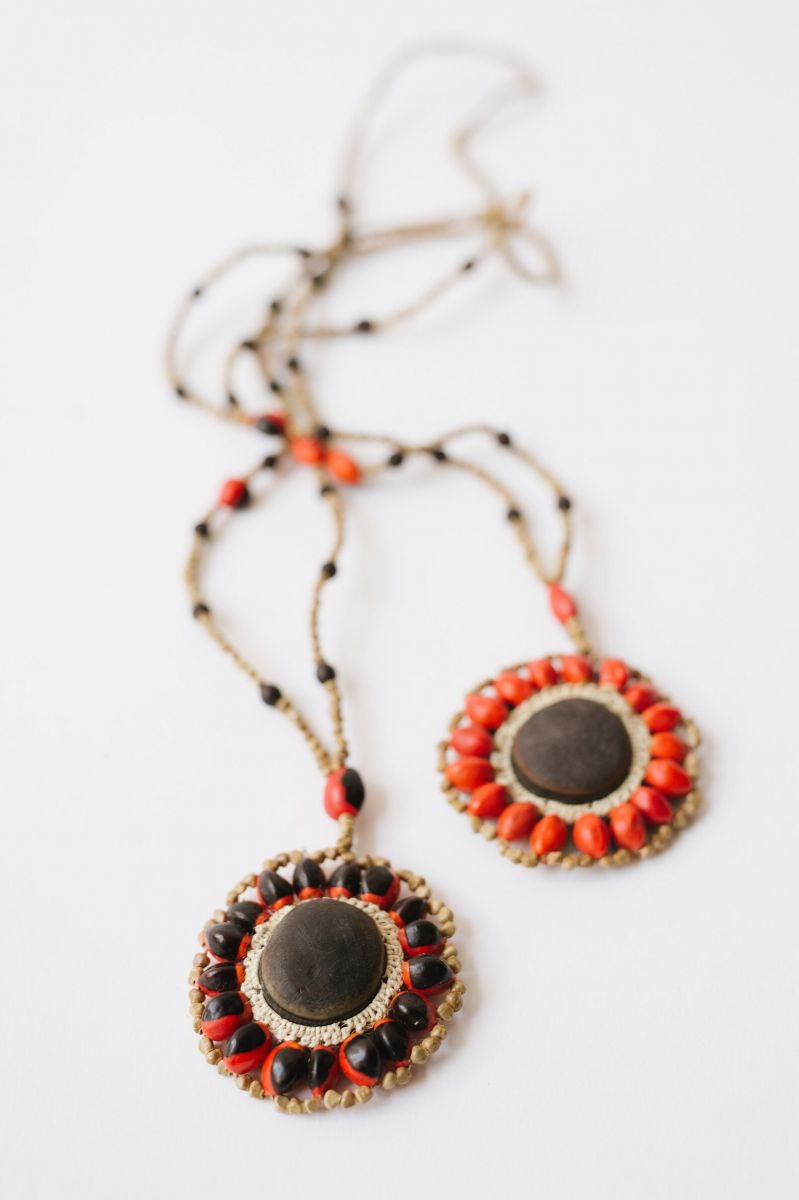
The first phase of the effort is a Cofan handicrafts store now live on Etsy put together with the help of Emma Reed, a sophomore drama major who attended a guest lecture by Jackson and who expressed interest in getting involved. She is supported by two graduates of the business school, Conor Bailey and Tim Dean. An accounting major is to join the team in Spring 2024.
The Cofan people living in the Ecuadorian Amazon nearly 1,000 miles from the capital city of Quito had long lived a nomadic life. The wild land was large enough to enable them to move on when they had exhausted the resources in one area in a form of generational forest “crop rotation” in which the forest would have time to fully restore itself for future use.
After oil was discovered, roads built, and generous incentives offered to promote settlement, life changed rapidly for the Cofan people, explains Jackson. Effectively boxed in, the Cofan quickly turned to coffee production, even though, he explains, the geography is poorly suited to sustainable coffee production. “There is a very small layer of topsoil before you hit solid clay.” As a result, “they only get five or six harvests from the coffee, and they have to spray the crop with tons of pesticide that gets washed into the rivers, after having cut down the forest. The Cofan are only paid through middlemen $22 for a hundred pounds of coffee beans. It’s a lose-lose proposition.”
While conducting research on eco-tourism in Ecuador, he learned about the work of Mariana Almeida, a former eco-tour operator who sold her company in the 1990s to found SELVA-Vida Sin Fronteras, an “organization that implements projects and aid programs to the Amazon indigenous communities and rainforest protection and sustainable development projects such as reforestation, productive programs that help to address the basic needs of Amazon indigenous communities under the poverty limit, medical and nutritional assistance, especially for infants and children,” according to Almeida's Linkedin page.
Self-Reliance Instead of Charity 
The idea to attempt to address the lack of opportunity for sustainable living that preserves rather than destroys the Amazon habitat came from the Cofan people themselves, Jackson explains. Intrigued by the work of Almeida and her colleagues from the Netherlands, he visited the center located on about 500 acres sandwiched between two national parks in the region. In his discussions with the local people, it became clear that they preferred to work than to receive charity, and that it was important to do work that was meaningful to them.
Drawing upon a long tradition of making jewelry and other accessories from durable natural resources harvested in the forest, it became clear that marketing these products might be one way to start: sell their traditional handicraft to the world through e-commerce platforms such as Etsy and potentially to the domestic tourism market in Ecuador. The low costs of living well in the forest do not require the project to create enormous sales to make a difference for their lives, he notes.
Supported by SELVA-Vida Sin Fronteras, the Cofan Women's Association who produce the handicrafts is a small band of enterprising artisans who have turned their backs on unsustainable coffee cultivation and embraced their ancient handicraft traditions with the goal of becoming economically self-sufficient. They are helped by men who search the forest to find the appropriate materials.
Customized Items Available for the Corporate Market
Produced in small batches, Cofan jewelry and practical accessories are authentic, beautiful, and sustainable---handmade from natural materials gathered in the local rainforest, the web site says. With every purchase, a hardwood tree is planted in areas deforested by decades of coffee cultivation. Jackson says that with proper notice, the craftswomen can create a special item in quantities for an organization, event, or retailer.
The US LLC set up by Jackson and his wife pays the artisans for their work overseen by Selva Vida Sin Fronteras to ensure fair pay and quality control, and returns all profits to the charity, which since 1997 has provided food relief and healthcare to the Cofan people (whose soil and water has been contaminated by decades of unregulated oil extraction). Jackson explains that this is a student-run project under the auspices of the Institute for Business, Sustainability & Society
at Shenandoah University. “The idea is to provide invaluable hands-on learning opportunities for our students, who get to put stakeholder capitalism principles into practice,” says Jackson.
Emma Reed, the drama student whose aspirations in the performing arts do not directly include the implementation of stakeholder capitalism, says she was drawn to the opportunity because of the potential to have a direct impact on peoples’ lives. In between her studies, she creates and maintains the Etsy site and will support the effort in communications and other tasks as needed.
The goal, Jackson underlines, is to carefully test the model and, if it works, bring it to neighboring communities. "In the absence of alternatives, desperate people resort to desperate measures that benefit no one long term," says Jackson. "But working together, we can change this." Click here to shop the store.
For More Information
Giles Jackson
Baxa Chair of Stakeholder Capitalism
Shenandoah University
gjackson@su.edu
ESM Is Published by The EEA: Your Source for Effective Stakeholder Management, Engagement, and Reporting
Through education, media, business development, advisory services, and outreach, the Enterprise Engagement Alliance supports professionals, educators, organizations, asset managers, investors, and engagement solution providers seeking a competitive advantage by profiting from a strategic and systematic approach to stakeholder engagement across the enterprise. Click here for details on all EEA and ESM media services.
1. Professional Education on Stakeholder Management and Total Rewards
- Become part of the EEA as an individual, corporation, or solution provider to gain access to valuable learning, thought leadership, and marketing resources to master stakeholder management and reporting.
- The only education and certification program focusing on Stakeholder Engagement and Human Capital metrics and reporting, featuring nine members-only training videos that provide preparation for certification in Enterprise Engagement.
- EEA books: Paid EEA participants receive Enterprise Engagement for CEOs: The Little Blue Book for People-Centric Capitalists, a quick implementation guide for CEOs; Enterprise Engagement: The Roadmap 5th Edition implementation guide; a comprehensive textbook for practitioners, academics, and students, plus four books on theory and implementation from leaders in Stakeholder Management, Finance, Human Capital Management, and Culture.
2. Media
- ESM at EnterpriseEngagement.org, EEXAdvisors.com marketplace, ESM e–newsletters, and library.
- RRN at RewardsRecognitionNetwork.com; BrandMediaCoalition.com marketplace, RRN e-newsletters, and library.
- EEA YouTube Channel with over three dozen how-to and insight videos and growing with nearly 100 expert guests.
3. Fully Integrated Business Development for Engagement and Total Rewards
Strategic Business Development for Stakeholder Management and Total Rewards solution providers, including Integrated blog, social media, and e-newsletter campaigns managed by content marketing experts.
4. Advisory Services for Organizations
Stakeholder Management Business Plans; Human Capital Management, Metrics, and Corporate Sustainability Reporting for organizations, including ISO human capital certifications, and services for solution providers.
5. Outreach in the US and Around the World on Stakeholder Management and Total Rewards
The EEA promotes a strategic approach to people management and total rewards through its e-newsletters, web sites, and social media reaching 20,000 professionals a month and through other activities, such as:
- Association of National Advertisers Brand Engagement 360 Knowledge Center to educate brands and agencies.







